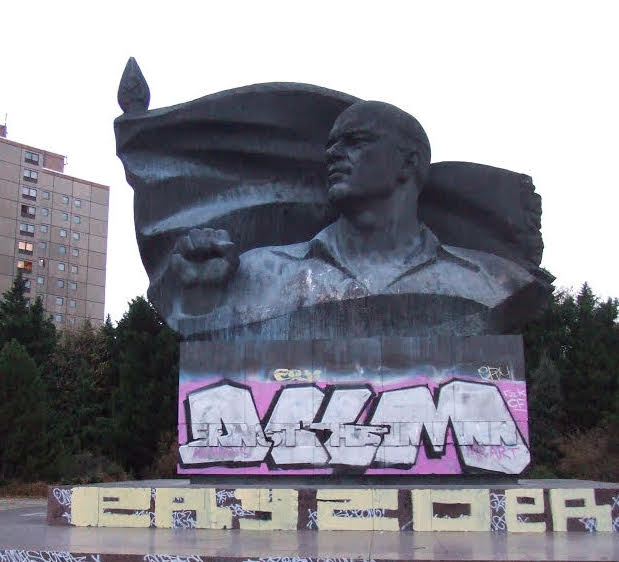
End Date :
Schermerhorn Ext. 754
Society of Fellows in the Humanities, Columbia University, Columbia Center for Contemporary Critical Thought
The First Fake News? How the birth of modern mass tourism and the invention of the transatlantic telegraph gave way to the first (but not last) case of “fake news” distributed by mass media on a global scale.
On the last week of May 1871 Paris was burning. The terrible days remembered as Semaine sanglante have been thoroughly studied by scholars–not just the events (the siege of Paris, the resistance of the Communards, the political and diplomatic background of the civil war), but also the legends and the false reports that spontaneously spread through the soldiers and through the public opinion of that time. But it is surprising that not a single study has been devoted, until now, to a supposed event that had a huge echo at the time. Between the 24th and the 30th of May 1871 the newspapers of the major cities in the world trumpeted the destruction of the Louvre. Great intellectuals of the time (Friedrich Nietzsche, Gustave Le Bon) wrote about it, sometimes remembering the shock of those days years later. This workshop will explore the story of this false report as initiated by two major events that occurred in 1867: the Universal Exposition in Paris (probably the birth of modern mass tourism), and the installation of the transatlantic telegraph. In all likelihood, this is the first case of a false report distributed by mass media on a global scale.
Please RSVP to Anna Krauthamer at ak4035@columbia.edu.







